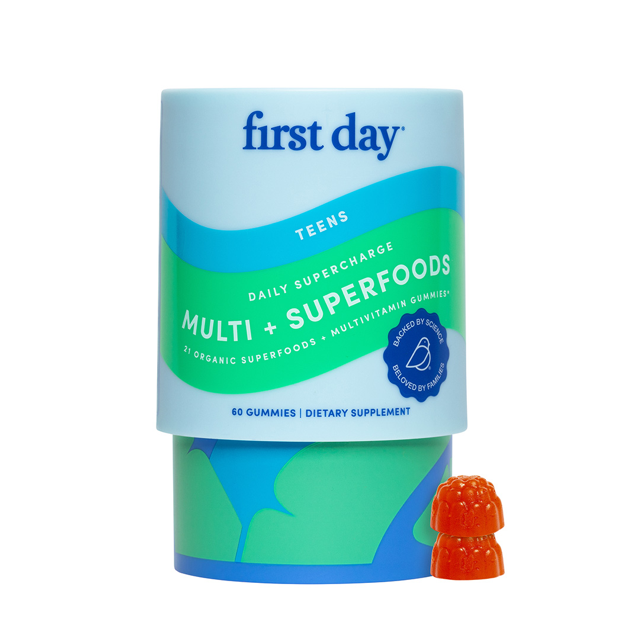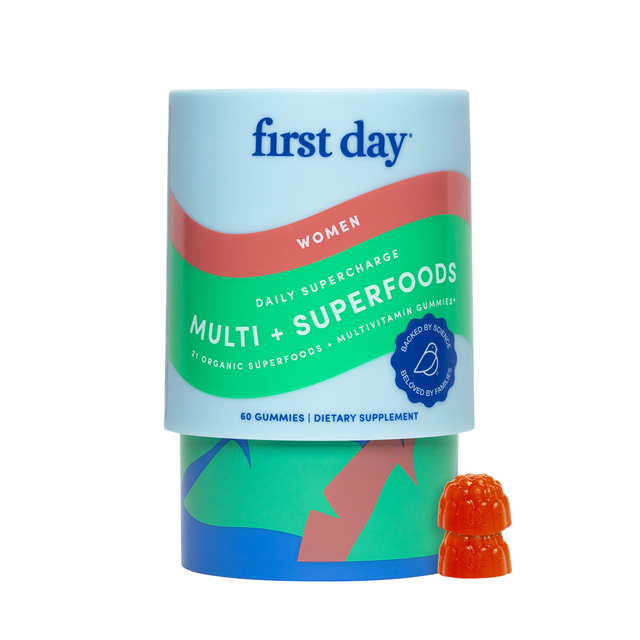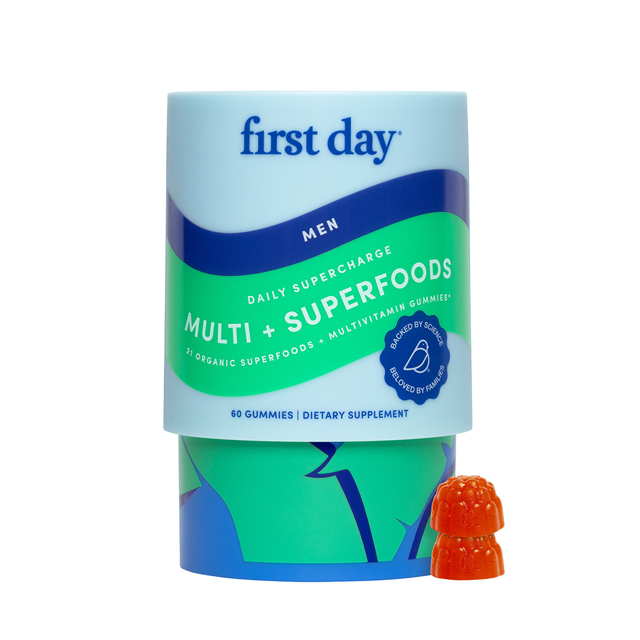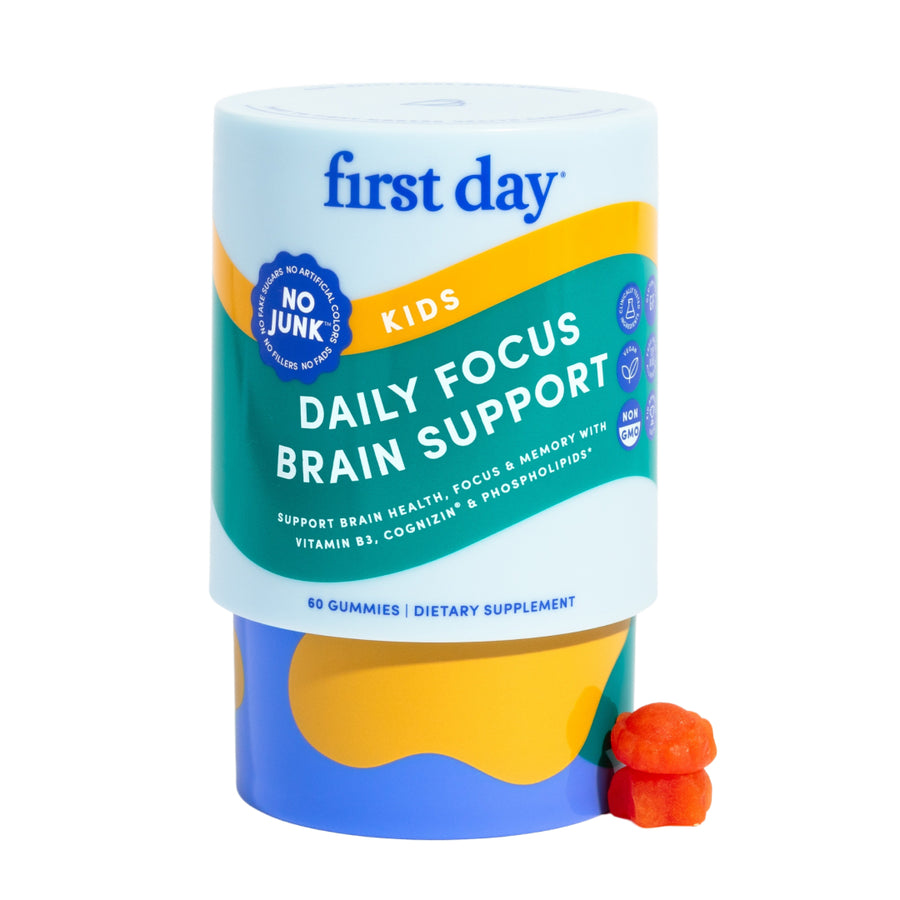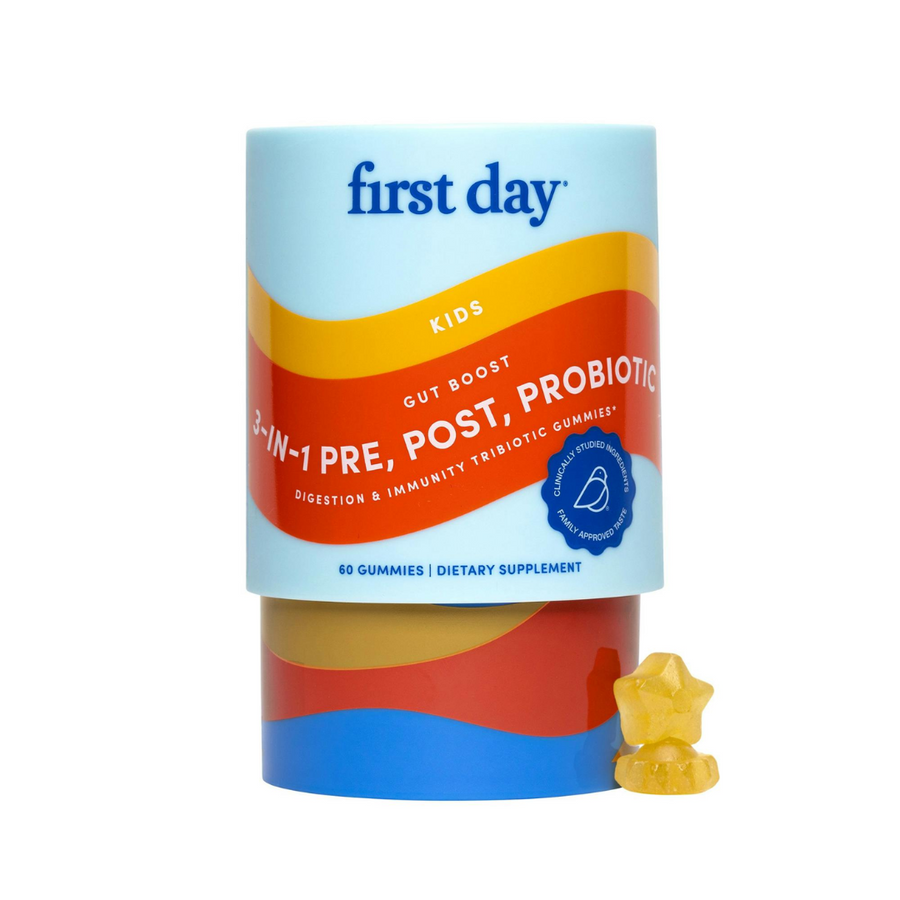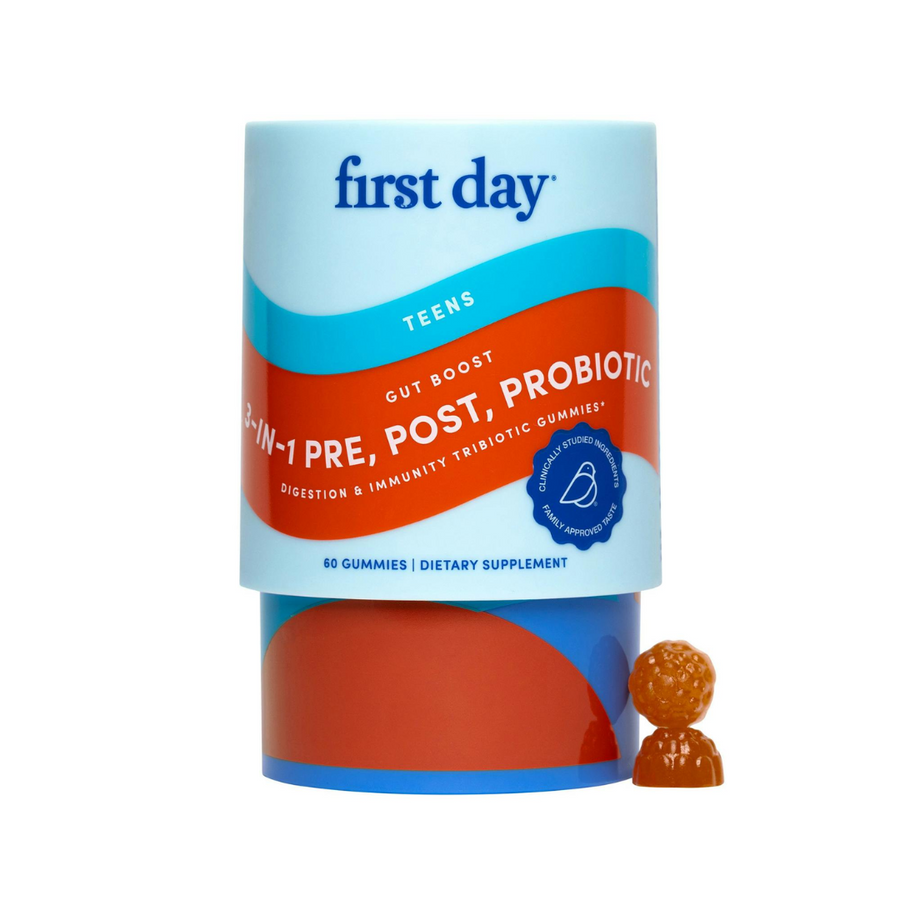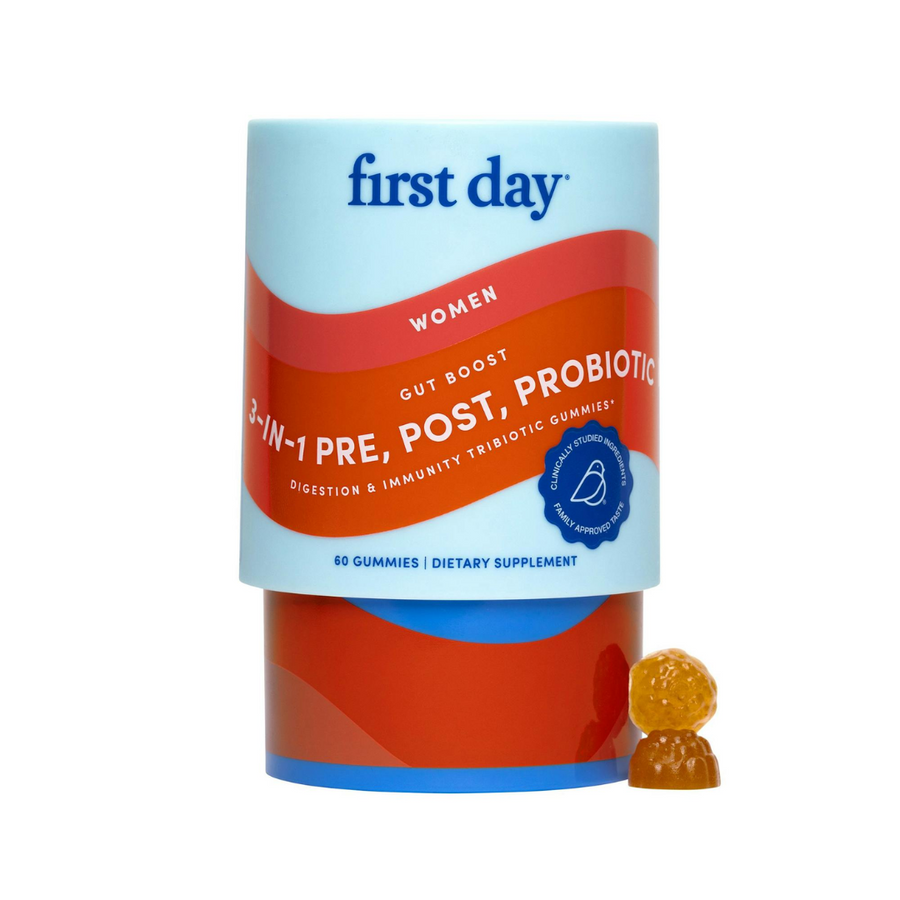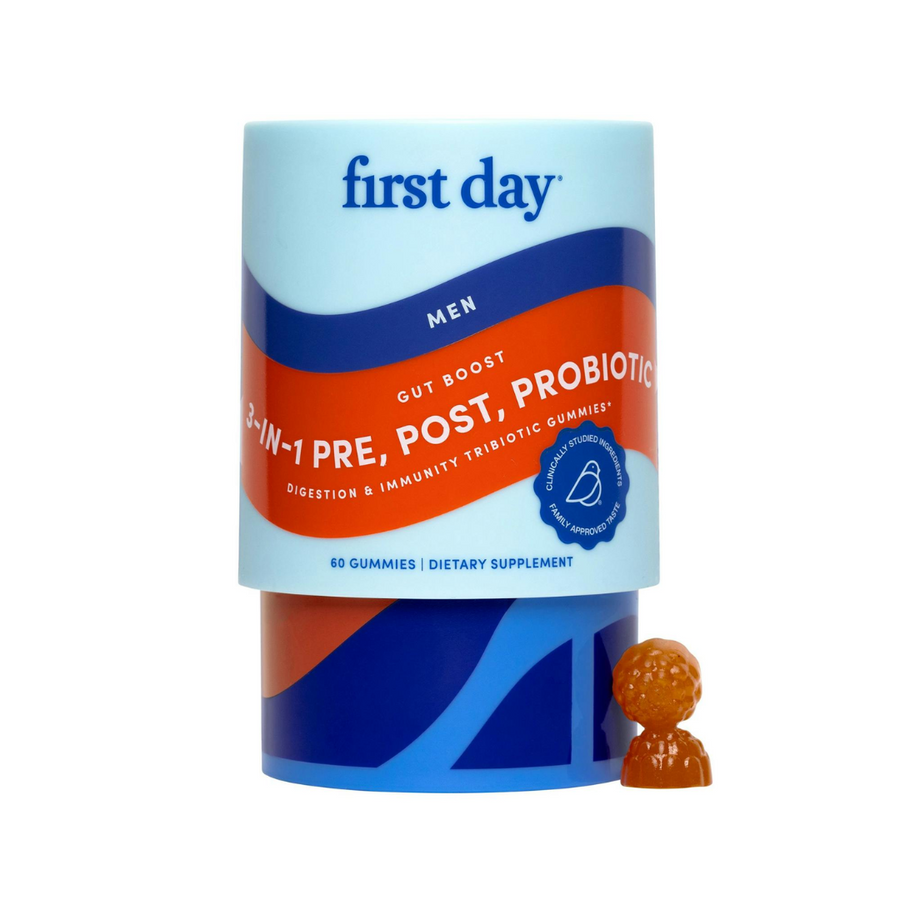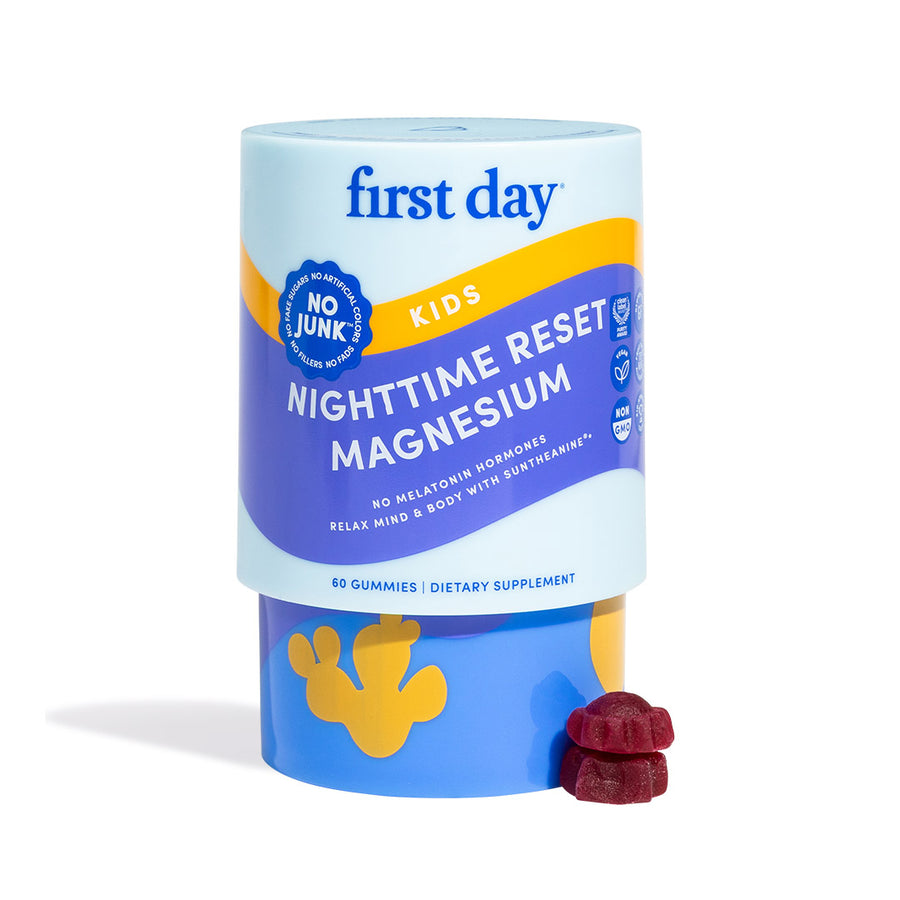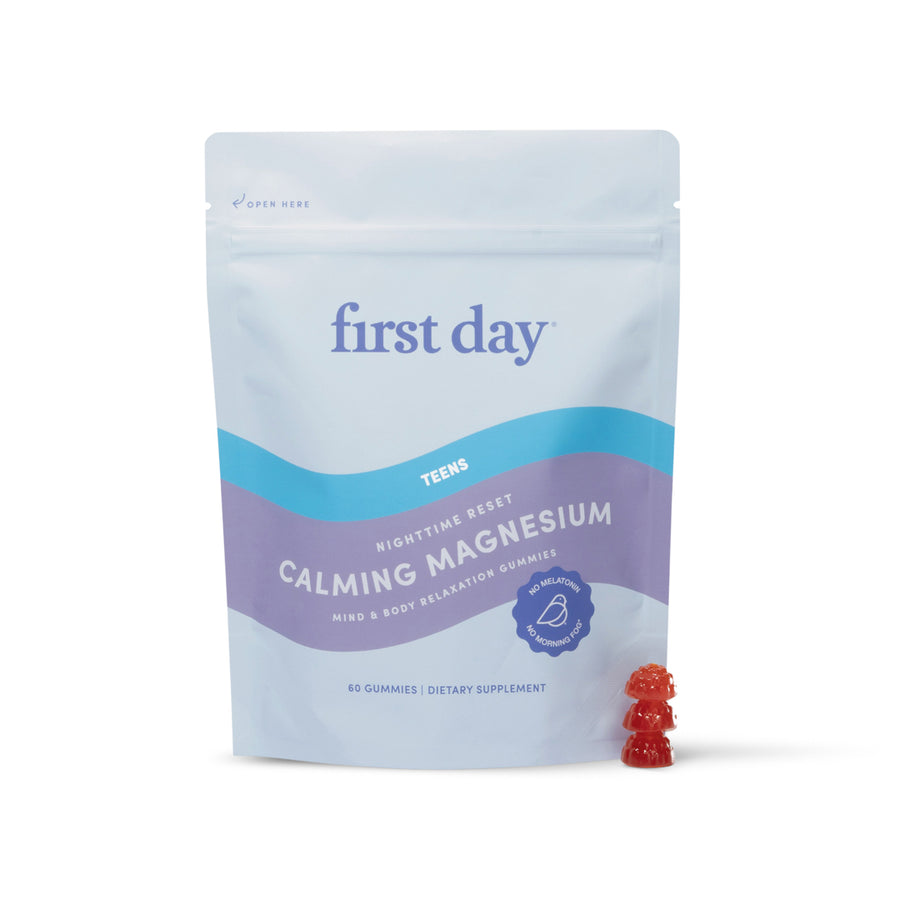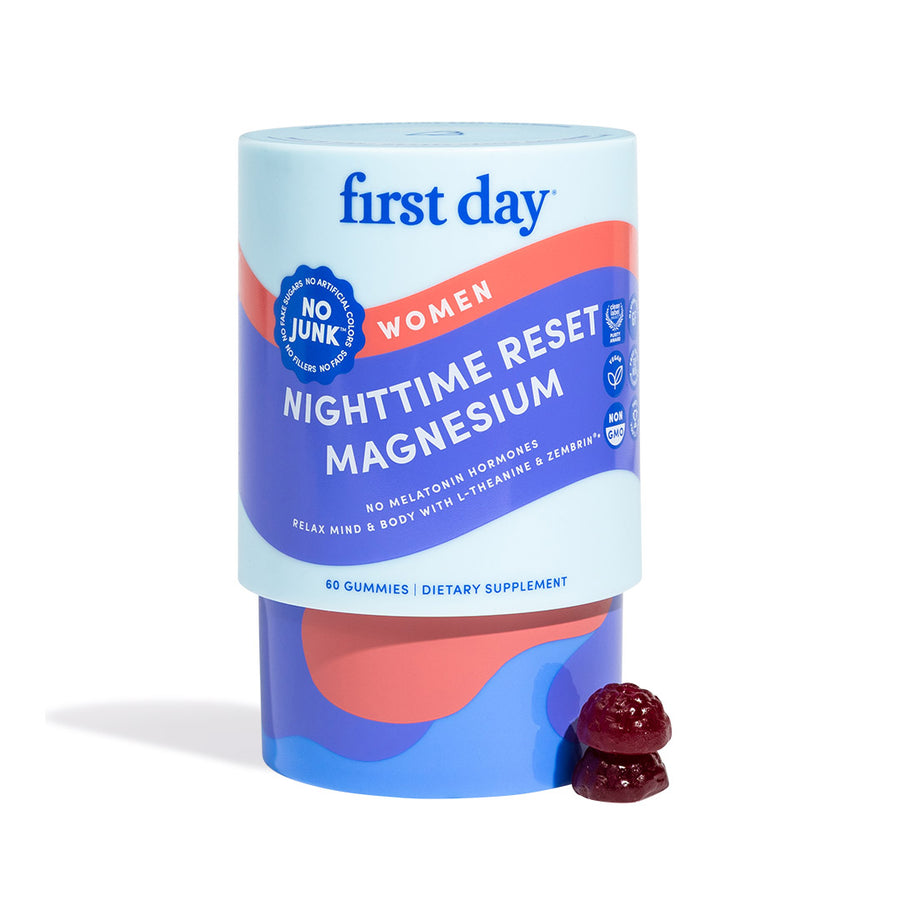Let's talk about a topic that might make some folks a little squeamish but honestly, is as normal as eating or sleeping – the often-whispered, chuckle-inducing subject of pooping. This is because when it comes to, erm, 'dropping the kids off at the pool,' many of us wonder if we're on the right track. There's a lot of mystery and a few giggles surrounding the subject, but regular bowel movements are key for good gut health and getting rid of the body's waste. While some folks might think you need to schedule a daily meeting with John, others swear a few times a week is enough.
Spoiler alert: there's more to it, and those common misconceptions might be holding us back from understanding our own bodies. So, pull up a seat (though maybe not that one right now), and let's dive into the question of "How often should you poop?"
Understanding Normal Bowel Habits
Let's get to the bottom of this 'how often should you poop' puzzle. Normal is a broad term when it comes to your bowels, and just like snowflakes, each person's pooping schedule is unique.
What's the Regular for Regulating Waste?
When we talk about 'normal' poop frequency, medical experts typically agree that it's anywhere from three times a day to three times a week. As per research, about 98% of adults have bowel movements between these frequencies. So if you're within this range, you're likely doing A-OK.
Why We're All Different in the Digestive Dance
Now, you might be wondering why your cubicle buddy runs off to the restroom like clockwork, while you might be more of a 'when the moment strikes' kind of person. Well, a multitude of factors come into play—diet, hydration levels, exercise, and even stress can significantly impact your personal frequency.
For instance, if your diet is rich in fiber (think fruits, veggies, and whole grains), you'll probably keep things moving more regularly than your pal who lives on cheeseburgers. So before you start thinking something's amiss, remember that individual variability is the name of the game.
Healthy Pooping Routines
Nailing down what's regular for you is kind of like a detective game in your digestive system – it's personal and pays to pay attention. Think of your body as a complex machine; establishing a baseline for regularity is about understanding how your machine runs daily.
Jot down in your stool diary or use an app such as Plop to track your poop patterns over a couple of weeks, taking into account the 3-times-a-day to 3-times-a-week golden rule. Remember, consistency is key. As long as you're feeling comfortable and your movements are pretty consistent, you're likely on the right track.
High-Fiving Your Healthy Habits
Now you're tracking, but what's the sign that your bowels are giving you a thumbs up? Research notes that signs of a happy digestive tract include poops that are soft and easy to pass – your sessions should feel like a breeze, not a battle.
Positive Signs To Look Out For
These are the signs that are considered to be positive or healthy:
- Tapered, sausage-like feces
- Brown in color
- Well-formed – not too hard or soft
- Easy to pass (no straining required)
- Regularity within a 3-times-a-day to 3-times-a-week range
- Feeling of full evacuation after going (no sense of urgency to go again)
Red Flags To Watch Out For
Just like how a bright red flag signals danger, the same goes for your digestive system. These are the signs to look out for and tell your doctor if you notice them:
- Blood in stool
- Black or tarry stools, which may signal blood in your digestive tract
- Thin, pencil-like feces
- Consistently having to strain during bowel movements
- Changes in frequency (sudden increase or decrease)
- Hard, lumpy stools (indicative of constipation)
- Loose or watery stools (can indicate diarrhea)
- White or pale-colored stool
- bloating
- gas
- stomach pain
It's not the most glamorous topic, but keeping an eye out for these criteria can be the high-five from your body saying, "Good job!"
However, if you do identify these signs, you must chat with your doctor to rule out any underlying issues. They'll be able to provide you with the best advice for maintaining a healthy and consistent pooping routine.
Frequency Across Age Groups
Just when you thought you had the pooping playbook down, guess what? The rules change as we age – and, yep, that's perfectly normal too. Consider this your very own guide to the ages and stages of pooping, where you'll discover why your tiny tot's diaper changes are a round-the-clock affair, and what's up with grandpa's bathroom schedule.
From Diapers to Potty Training: The Little Ones' Poo Patterns
For those adorably squishy infants and enthusiastic toddlers, pooping can be as unpredictable as their temper tantrums. Newborns, especially breastfed ones, might grace you with a gift in the diaper department around six to ten times a day due to their fast and efficient digestive systems. But don't sweat it if your babe isn't a 10-time champ – even no poop in one week is also within the space of normal. And as these tiny tykes grow and start on solids, you'll notice a gear-shift in frequency to maybe just a once-a-day 'special delivery'.
The Growing Years: Poop Predictability Picks Up
Kids and teens are like the middle managers of pooping – they've got a routine down. At this stage, they're in sync with grown-up patterns, typically hitting the toilet anywhere between three times a day to once every two days. This shift, noted in pediatric studies, often corresponds to starting school, where bathroom habits become more regular due to structured meal times and bathroom breaks. Still, occasional variations are no cause for alarm, and they offer an excellent opportunity for kids to learn the importance of a balanced diet and hydration in keeping their bowel movements on an even keel.
Prebiotics and probiotics are essential tools that can help regulate gut health and promote more regular pooping patterns in kids.

Think of Kids Belly-Biotic as your child's personal health coach, rooting for their gut every single day. This little gummy packs a big punch with its unique 3-in-1 formula that’s all about keeping your kiddo's digestive system cheering. And, what's not to love about a kiwi-flavored treat that works triple time to kick those bad bacteria to the curb, right? The probiotics are like the friendly neighborhood heroes helping to maintain that delicate balance in the gut, while prebiotics are the nurturers, feeding the good guys. And let's not forget the postbiotics – the most overlooked members of the gut-health squad, supporting your little ones from the inside out. With Kids Belly-Biotic, you're not just paving the way for smoother bathroom breaks; you're also supporting their oral health, immunity boost, and overall wellness.
Learn More About Our Kids Belly-Biotic & Supercharge Your Child's Gut Health Today!
All Grown Up: What's Regular for Adults and Seniors?
Now for the adults in the room and our golden-agers – your body has a rhythmic ebb and flow that's all your own. Most adults fit within the golden rule we chatted about earlier. Yet, let's not ignore that with maturity comes – you guessed it – older intestines. Research suggests that our digestive system can slow down as we age, leading to shifts in frequency or consistency. It's cool though; this is standard for seniors, and paying attention to hydration and fiber can keep things moving smoothly. However, if there's a significant change in your routine or something feels off, it's worth chatting with your doctor.
Physical Activity and Bowel Health
Studies have shown that exercise does wonders for your waistline and your digestion. When you get your body moving, you're not just burning calories; you're also kick-starting your gut to do its thing. In fact, a study says that sedentary behavior is linked to a higher risk of constipation. This is because exercise helps push food through your system faster, preventing constipation. Maintaining an active lifestyle can also help you regulate your bowel movements and keep them more regular. So, just by taking a brisk walk or joining that Zumba class could actually help 'jog' your digestive system into action.
Stress and Bowel Habits
Believe it or not, your brain and your gut are in a pretty tight relationship- this is called the gut-brain axis. So, when stress sends your brain all those "SOS" messages, your gut's work ethic takes a hit. Ever been so nervous that your stomach does somersaults? That's your gut-brain axis in action.
And here's a clinical spoiler – stress can play tug-of-war with how often you should poop. You see, intense stress can either speed things up (hello, diarrhea) or slow them right down (yup, constipation). It's all part of this thing called the stress response. When your brain picks up on stress, it signals your digestive tract, and that's when the bathroom schedule may get a little wonky.
But before you start panicking about the stress of not pooping, remember, there’s a silver lining! By finding your zen with activities like meditation, yoga, or just a good ol’ chill session with friends, you can help frost out the stress and maybe smoothen the poop chute. And if you're fighting chronic stress, it might be time to loop in your doctor. They have the knowledge and expertise to help you find ways to manage stress effectively.
So, How Often Should You Poop?
So, let's get down to it — how often should you poop? It's the question that everyone's been asking, and the answer is: it varies. For most adults, that’s somewhere between three times per day to three times a week. But, you're not a robot, and life’s a wild ride with twists and turns that could speed up or slow down your bathroom rendezvous. The key? Listen to your body and talk to your doctor if your routine’s out of whack.
Remember, everyone's gut march beats to a different drum, but if you're keen on giving your family the inside scoop on gut harmony, why not start with our Kids Belly-Biotic? This yummy-gummy is a simple step towards a happier belly. Dive into the world of gut health and see how our Kids Belly-Biotic could be your child's gut's new BFF!
Plop. (n.d.). Plopdiary.com. Retrieved February 19, 2024, from https://plopdiary.com/
Matsuda, K., Akiyama, T., Tsujibe, S., Oki, K., Gawad, A., & Fujimoto, J. (2021). Direct measurement of stool consistency by texture analyzer and calculation of reference value in Belgian general population. Scientific Reports, 11(1), 2400. https://doi.org/10.1038/s41598-021-81783-7
Baby poop guide | BabyCenter. (2021). BabyCenter. https://www.babycenter.com/baby/diapering/baby-poop-guide_10319333
Constipation. (n.d.). Seattle Children’s Hospital. https://www.seattlechildrens.org/conditions/a-z/constipation/
Sujatha, B. (2015). Normal Bowel Pattern in Children and Dietary and Other Precipitating Factors in Functional Constipation. JOURNAL of CLINICAL and DIAGNOSTIC RESEARCH. https://doi.org/10.7860/jcdr/2015/13290.6025
Does Your Digestive System Slow Down as You Get Older? (n.d.). MedicineNet. Retrieved February 19, 2024, from https://www.medicinenet.com/does_your_digestive_system_slow_down_with_age/article.htm#:~:text=Aging%20has%20less%20of%20an
Stachowska, E., Maciejewska, D., Palma, J., Jamioł-Milc, D., Szczuko, M., Marlicz, W., Wunsch, E., & Skonieczna-Żydecka, K. (2022). Improvement of bowel movements among people with a sedentary lifestyle after prebiotic snack supply – preliminary study. Gastroenterology Review, 17(1), 73–80. https://doi.org/10.5114/pg.2021.108985
Carabotti, M., Scirocco, A., Maselli, M. A., & Severi, C. (2015). The gut-brain axis: interactions between enteric microbiota, central and enteric nervous systems. Annals of Gastroenterology : Quarterly Publication of the Hellenic Society of Gastroenterology, 28(2), 203–209. https://www.ncbi.nlm.nih.gov/pmc/articles/PMC4367209/#:~:text=The%20gut%2Dbrain%20axis%20(GBA
Tan, H.-E. (2023). The microbiota-gut-brain axis in stress and depression. 17. https://doi.org/10.3389/fnins.2023.1151478



